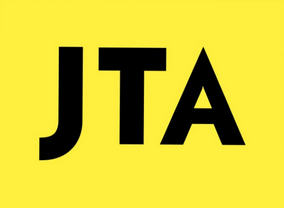Directed by award-winning filmmaker Roberta Grossman, Reckonings recounts the tense negotiations between Jewish and German leaders. Under the constant threat of violence, they forged ahead, knowing it would never be enough but hoping it could at least be an acknowledgement and a step towards healing.
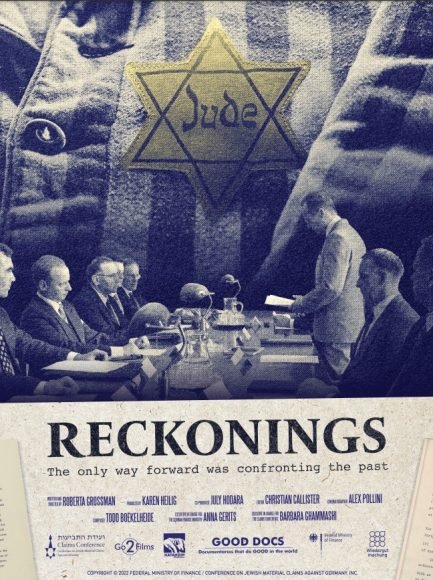
Reckonings – The First Reparations

They met in secret to negotiate the unthinkable — compensation for the survivors of the largest mass genocide in history. Survivors were in urgent need of help, but how could reparations be determined for the unprecedented destruction and suffering of a people? Reckonings explores this untold true story set in the aftermath of the Holocaust.
Directed by award-winning filmmaker Roberta Grossman, Reckonings recounts the tense negotiations between Jewish and German leaders. Under the constant threat of violence, they forged ahead, knowing it would never be enough but hoping it could at least be an acknowledgment and a step towards healing.
Synopsis
It has been said that it felt as if the souls of the six million who were murdered during the Holocaust were in the room with them when the meetings began. They met in secret to negotiate the unthinkable – compensation for the survivors of the largest mass genocide the world had ever known. Survivors were in urgent need of help, but how could reparations be determined for the unprecedented destruction of a people and atrocities suffered by millions? Reckonings explores this fascinating true story set in the aftermath of the Holocaust and leading to the groundbreaking Luxembourg Agreements of 1952.
Directed by award-winning filmmaker Roberta Grossman (Who Will Write Our History) and commissioned by the German Ministry of Finance and the Claims Conference, the film is the first documentary feature to chronicle the harrowing process of negotiating German reparations for the Jewish people. It takes viewers from the halls of power in Bonn, West Germany, where fierce debate raged over how to pay wartime debts, to the streets of Jerusalem, where horror about any talks with Germany led to violent protests and a mob storming the Knesset. It profiles Jewish and German leaders who risked their lives to meet in a hidden castle near the Hague to negotiate the impossible. It captures the anger on one side, the shame on the other, and the anguish for all as talks broke down and failure seemed imminent. And it honors the behind-the-scenes figures who forged ahead to continue negotiations, knowing the compensation would never be enough but hoping it could at least be an acknowledgement, a recognition and a step toward healing.
Filmed in six countries and featuring new interviews with Holocaust survivors, world-renowned scholars and dignitaries, and the last surviving member of the negotiating delegations, Reckonings powerfully illustrates how political will and a moral imperative can join forces to bridge an impossible divide. By confronting the past, the German and Jewish leaders charted a better future for a desperate and traumatized people. Their actions led to the first time in history that individual victims of persecution received material compensation from the perpetrators.
Historical Background
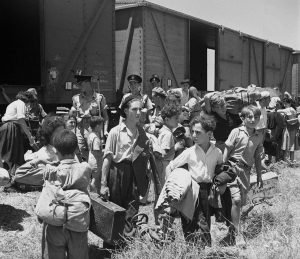
After the Holocaust
More than 200,000 Jewish Holocaust survivors languished in displaced persons camps in western Europe in 1948. Others had returned home and attempted to reconstitute their communities. Hundreds of thousands of others had started new lives in countries far away from the places they had grown up. Their lives were shattered, loved ones murdered, homes plundered, and the infrastructure of Jewish life destroyed.
Many strove to rebuild their lives in the newly proclaimed State of Israel. Between 1948 and 1951, nearly 700,000 Jews from all over the world, including many Holocaust survivors, arrived in Israel, doubling the country’s population in a short span of time.
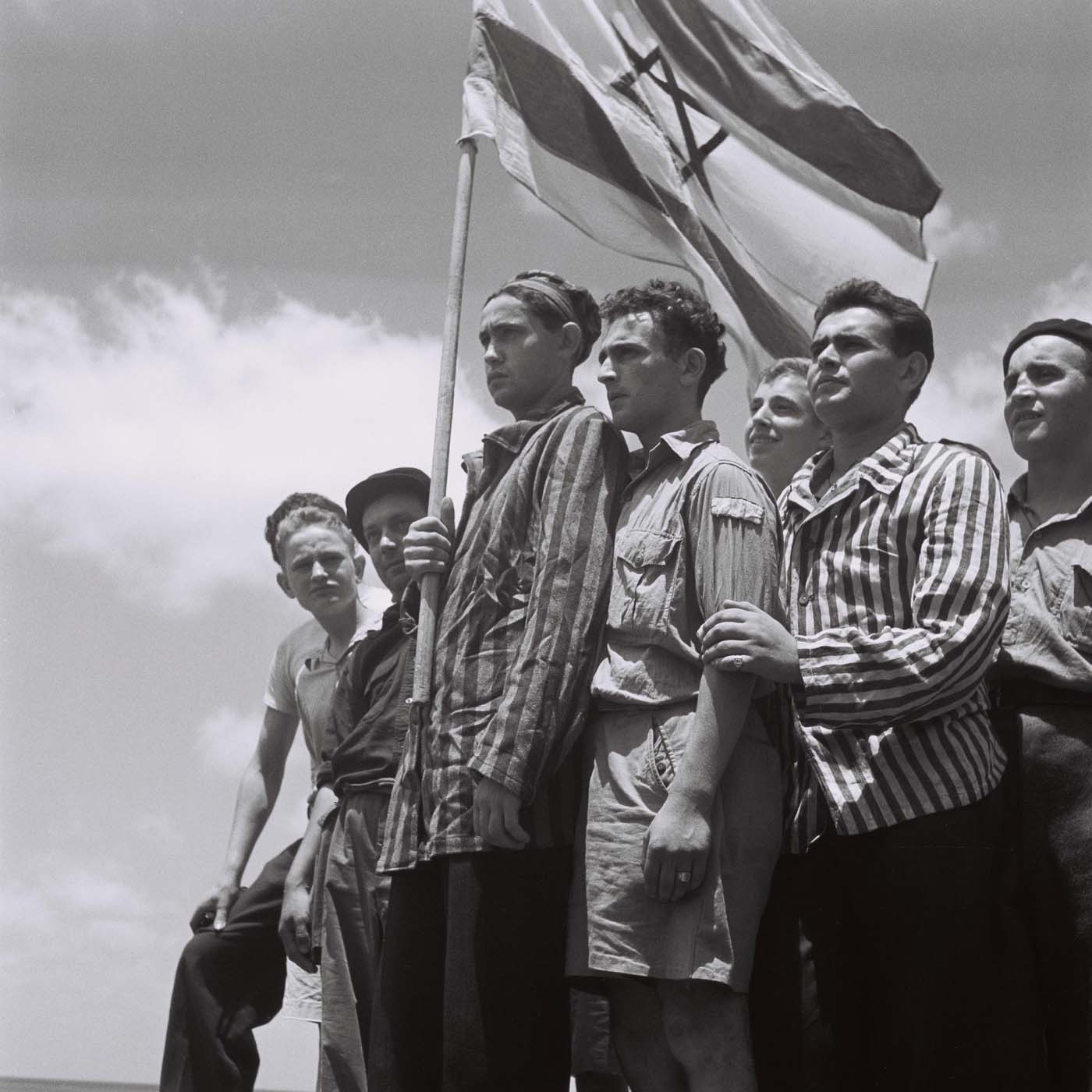
Israel in Crisis
Israel plunged into an economic crisis, forcing the population into an austerity program at a time of greatest need to address the dire situation of the impoverished, ill, and traumatized survivors. In the Diaspora, Jewish organizations prioritized the rehabilitation of survivors and the reconstruction of Jewish life while confronting financial and political challenges. Jews in and outside Israel desperately needed resources to assist the She’erit ha’Pletah, the surviving remnant. They prepared for the repercussions of the physical, emotional, and material hardships that the Jewish survivors had sustained during the Holocaust.
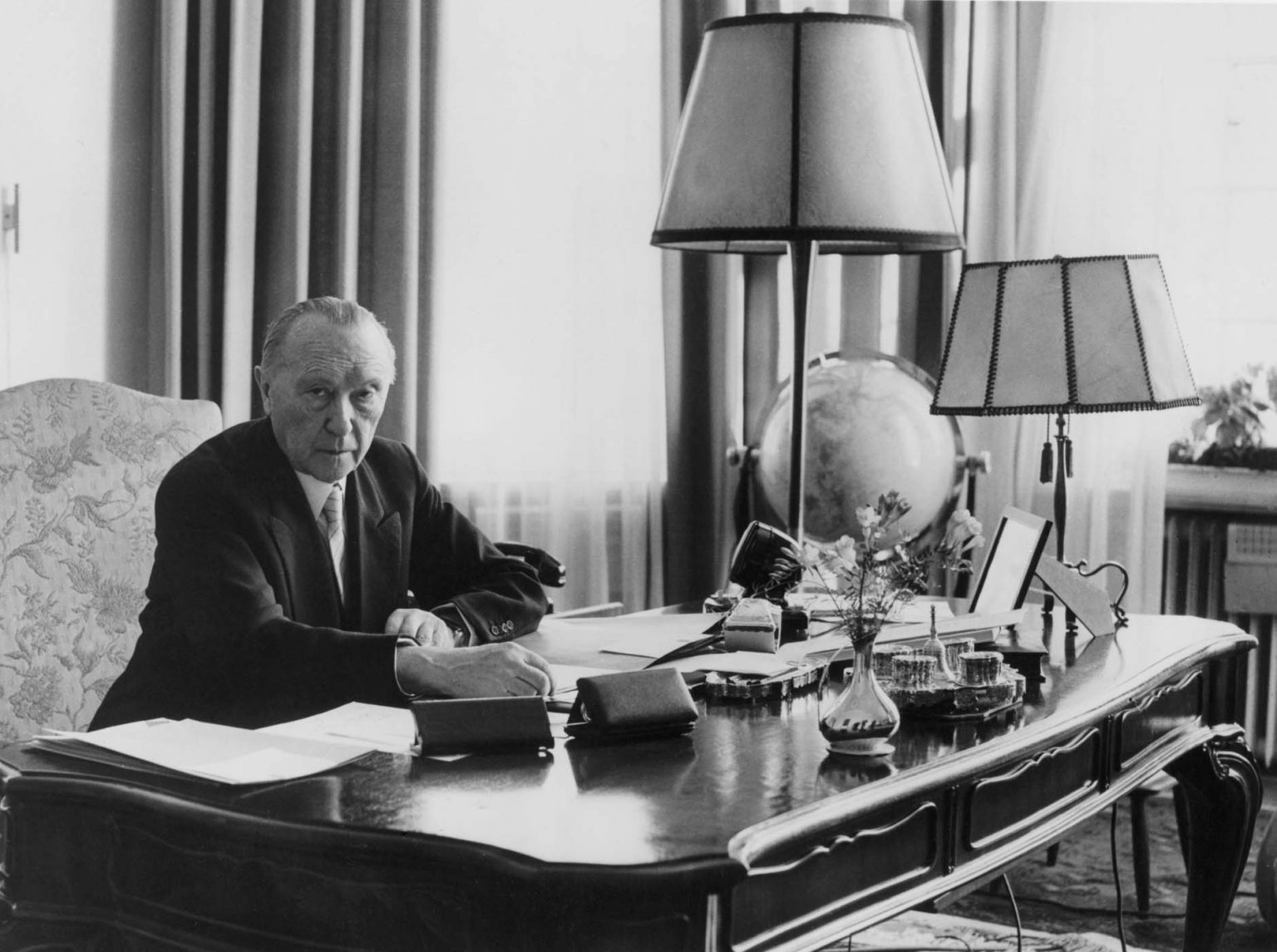
Adenauer’s Landmark Speech
In September 1951, Konrad Adenauer, the first Chancellor of the Federal Republic of Germany, delivered a landmark announcement at the Bundestag. This historic statement ensured that the German people would take responsibility for the crimes of the past, advanced fragile relations between Germany and the State of Israel and with world Jewry and launched a formal endeavor to discuss compensation.
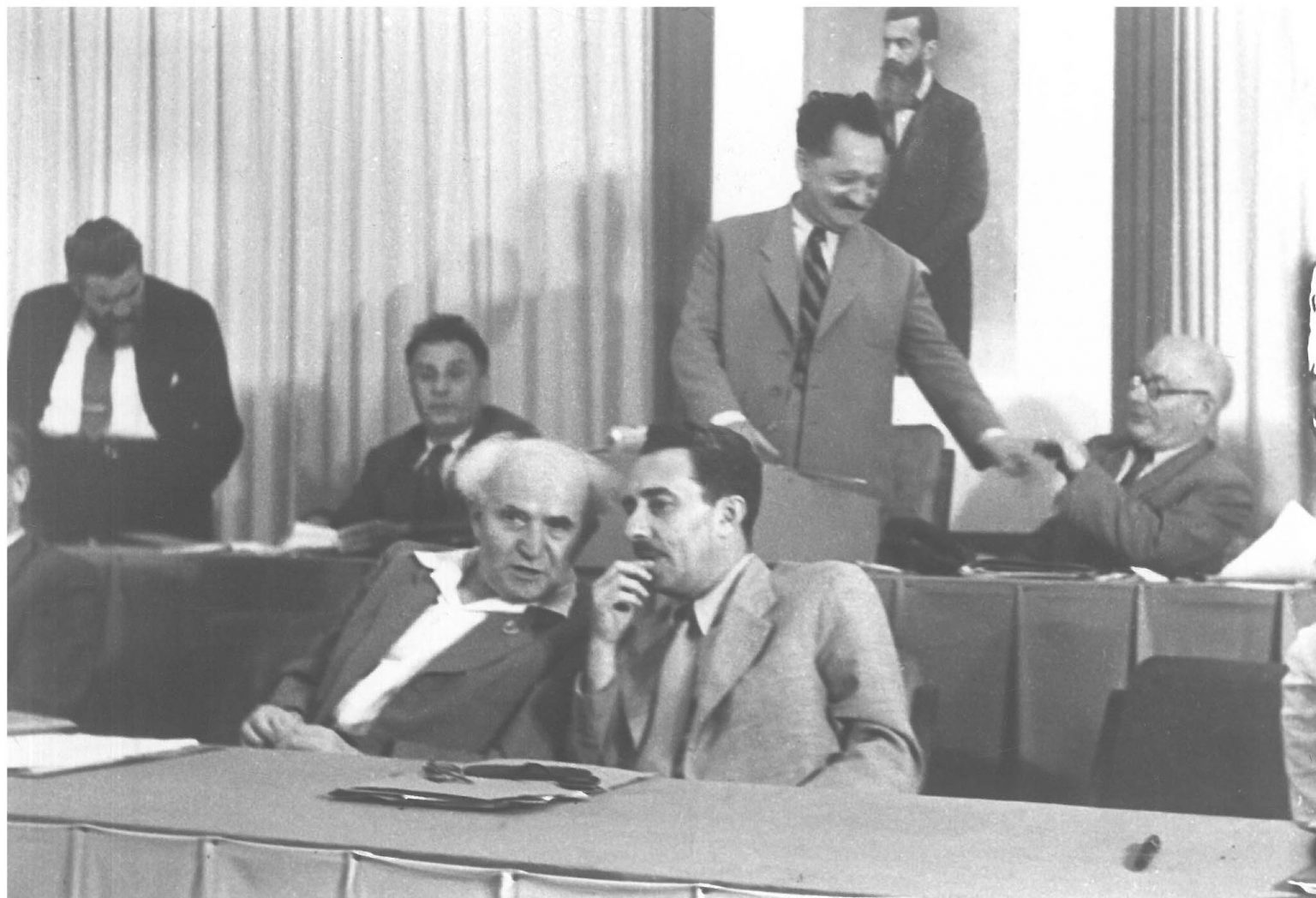
The Debate Over Compensation
However, the planned negotiations triggered intense debates in Israel about accepting what some called “blood money.” David Ben Gurion, Israel’s Prime Minister, implored the Knesset to authorize the negotiations and not allow the perpetrators to both murder the Jews and acquire their property; essentially to escape liability for the crimes they committed.
Jewish leaders had been pursuing the idea of compensation claims already during the Holocaust, anticipating the end of the war and the urgency to assist survivors. Israel had been repeatedly pressing for reparations as it became a refuge for about 500,000 Nazi victims since 1933.
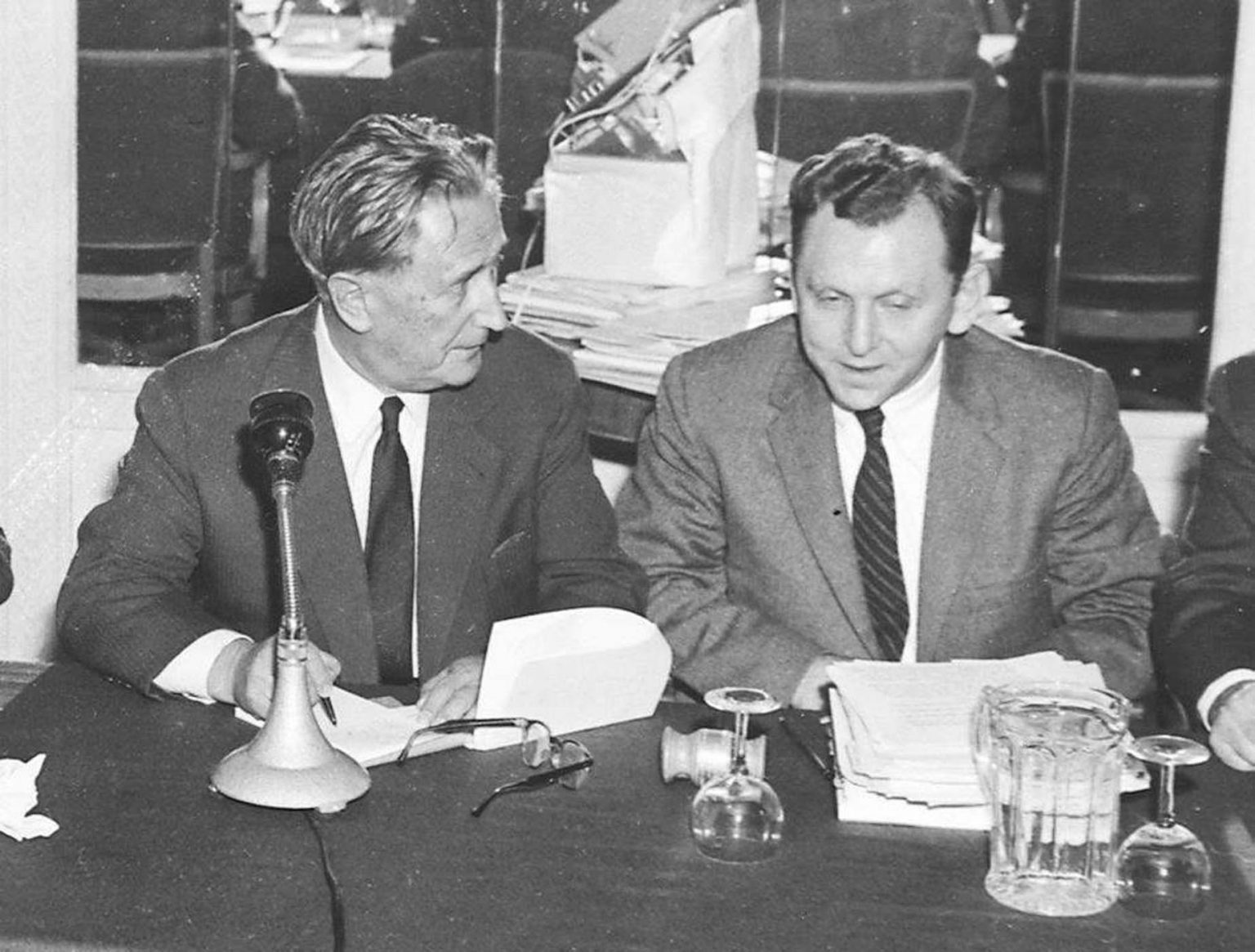
Formation of the Claims Conference
Following Adenauer’s statement in the Bundestag, it took leadership, cooperation, persistence, vision, and diplomacy to bring together representatives of 23 international Jewish organizations to convene in New York City on 25–26 October 1951 to form a unified front—the Conference on Jewish Material Claims Against Germany, in short: the “Claims Conference”. Nahum Goldmann, a leading Jewish statesman, a refugee from Nazi Germany, stood at its helm. The new organisation would support Israel’s demands and negotiate on behalf of Jewish survivors living outside Israel.
Both the Claims Conference and State of Israel agreed, nothing could compensate for the immense human destruction. Thus, the claims focused on material reparations only.
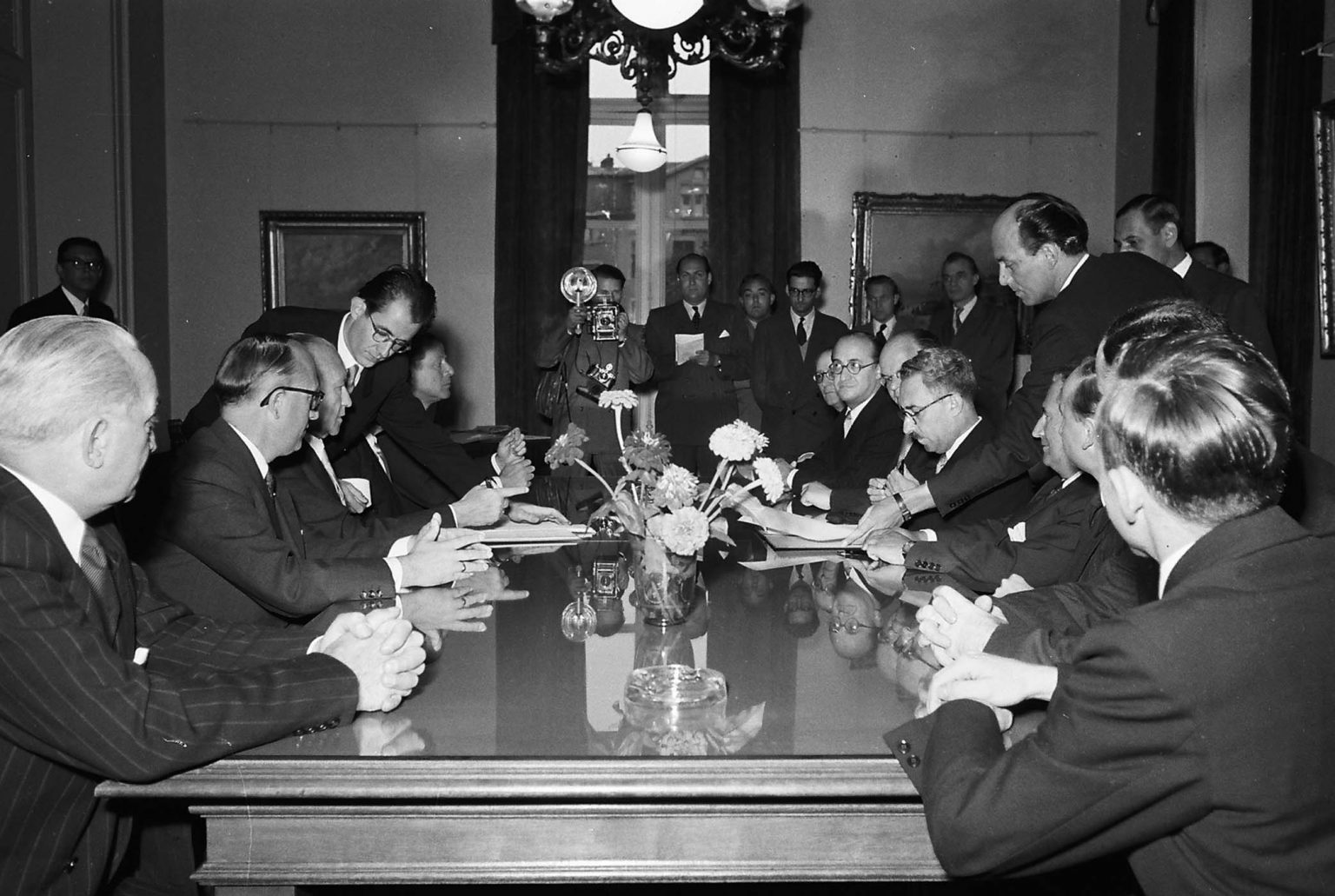
The Negotiations Begin
The talks between West Germany and the State of Israel and separately West Germany and the Claims Conference, commenced on 21 March 1952 in Wassenaar, the Netherlands. For the first time in history, entities that had not existed at the time of the war engaged in negotiations for reparations. The deliberations culminated in the signing of accords in Luxembourg on 10 September 1952. The turbulent discussions resulted in West Germany’s obligation to provide DM 3 billion in goods and services to Israel.
The original West German Federal Indemnification Law (known as the Bundesentschädigungsgesetz, or BEG) was enacted in 1952 by the government of West Germany as a result of agreements with the Claims Conference. This law encompasses three separate German laws that were adopted in 1953, 1956 and 1965 that provided for compensation to Holocaust survivors.
West German Federal Indemnification Law – BEG – Claims Conference
Wiedergutmachung – Provisions relating to compensation for National Socialist injustice 2021 (bundesfinanzministerium.de)
The reparation payments boosted Israel’s economic development, thereby earmarking necessary funds for housing, food, and absorption of many Holocaust survivors. In the two-protocol agreement signed with the Claims Conference, the West German government committed to enact legislation to compensate directly Jewish Holocaust survivors and agreed to pay to the Claims Conference DM 450 million for the relief, rehabilitation, and resettlement of Jewish survivors living outside Israel.
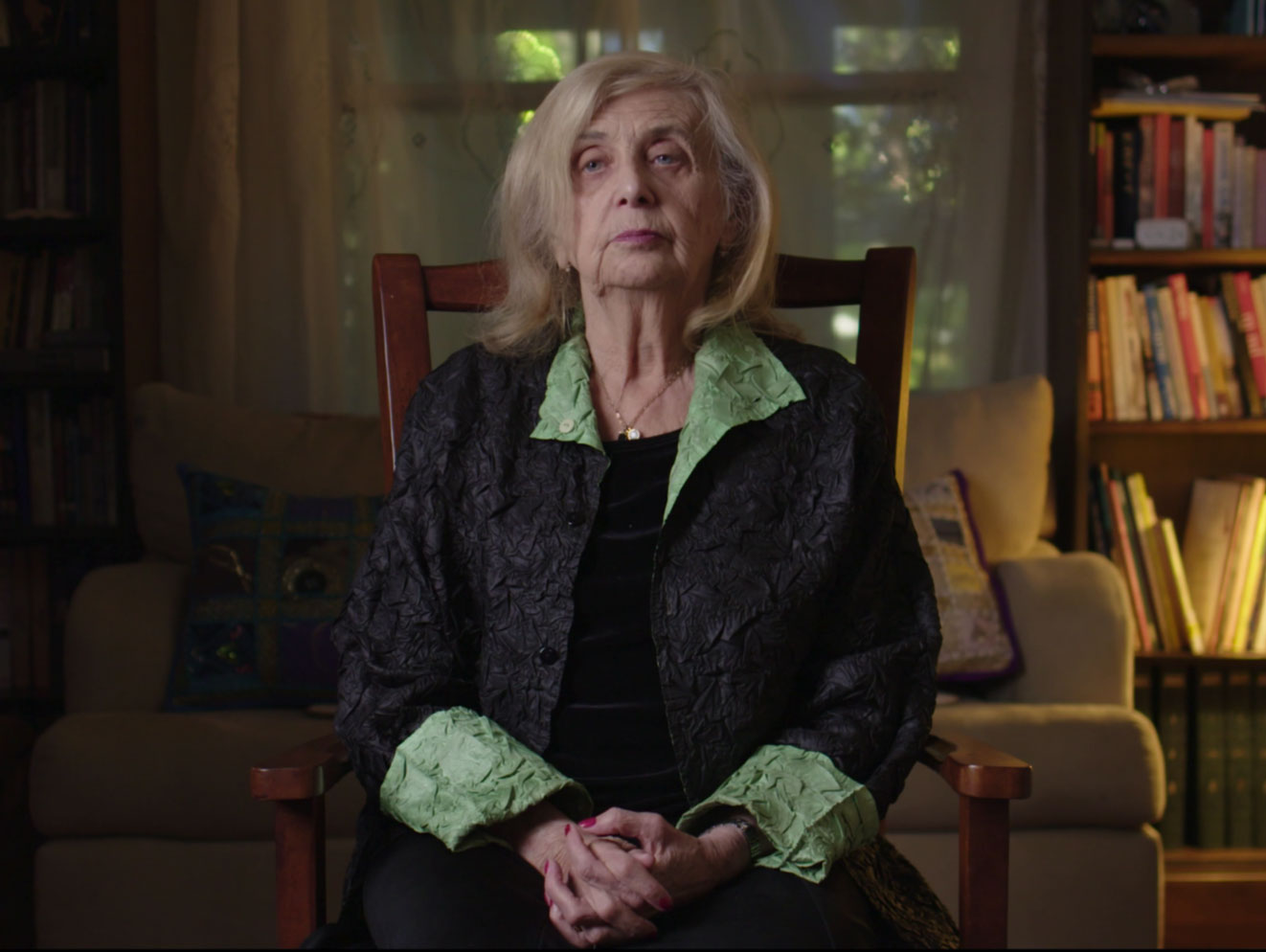
A Small Measure of Justice
The Luxembourg Agreements were the first of many attained to obtain a small measure of justice for Jewish victims of Nazi persecution and established key precedents in international law enabling victims of mass crimes to seek redress.
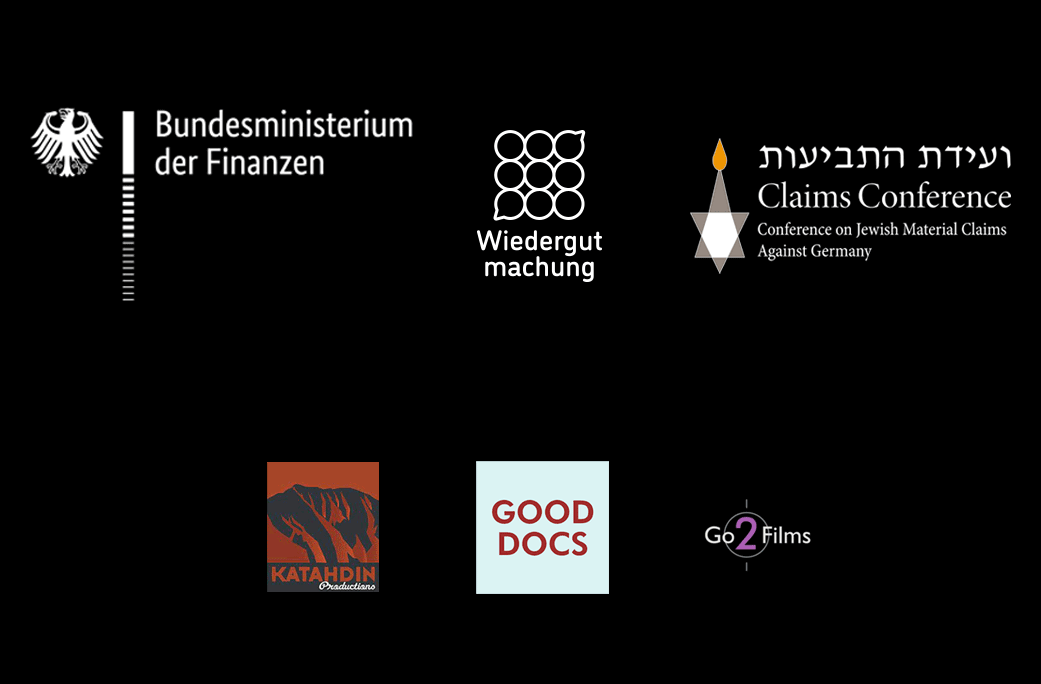
Media coverage



Reckonings Film at Paley Center for Media (01.11.2022)



